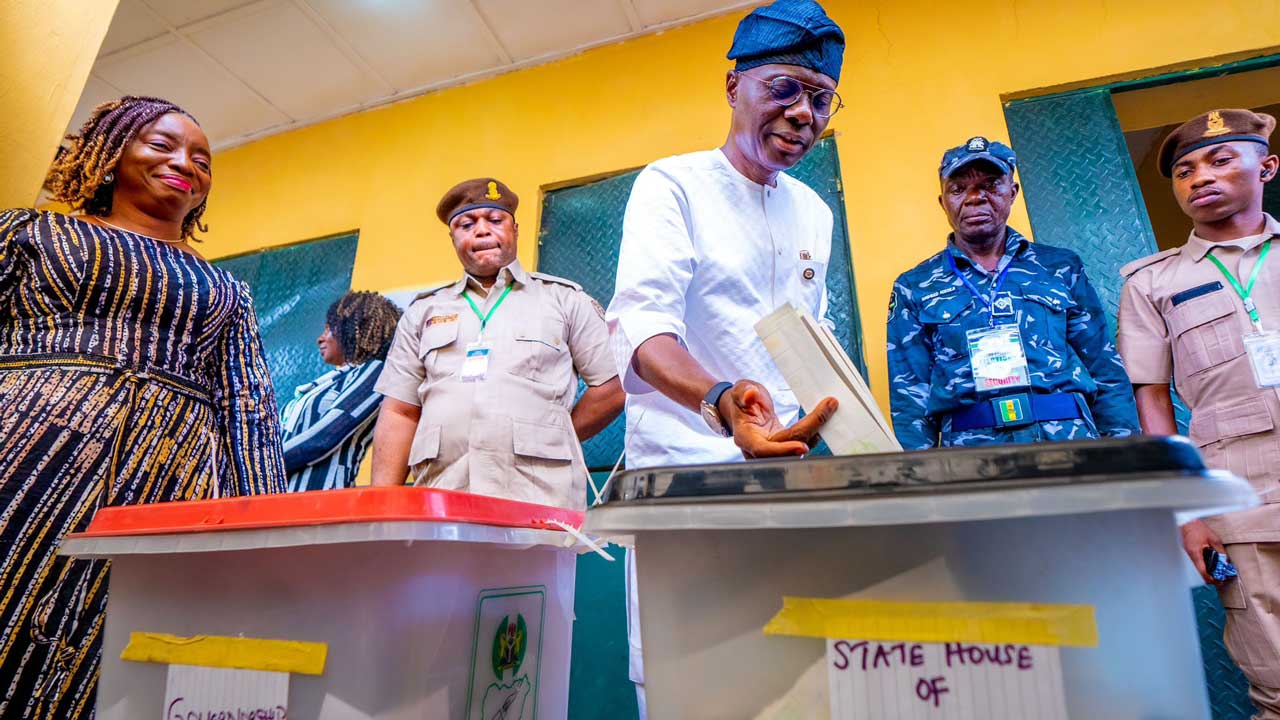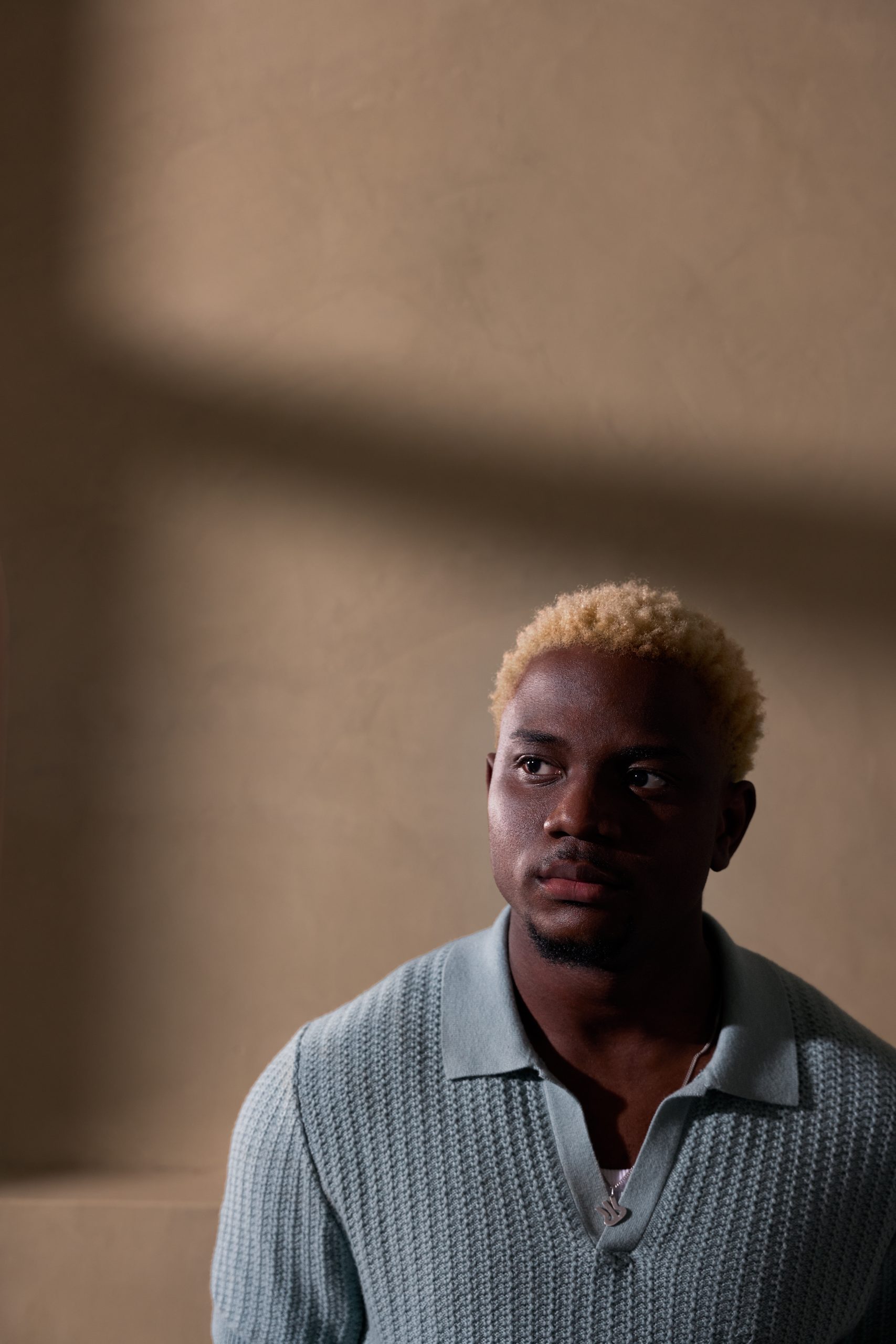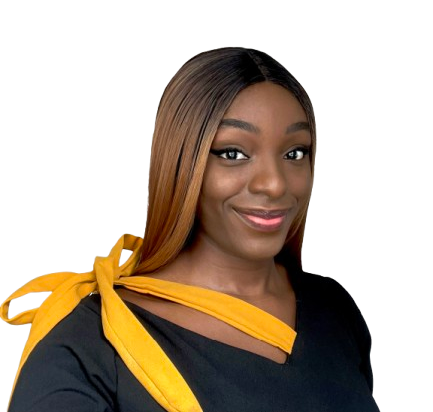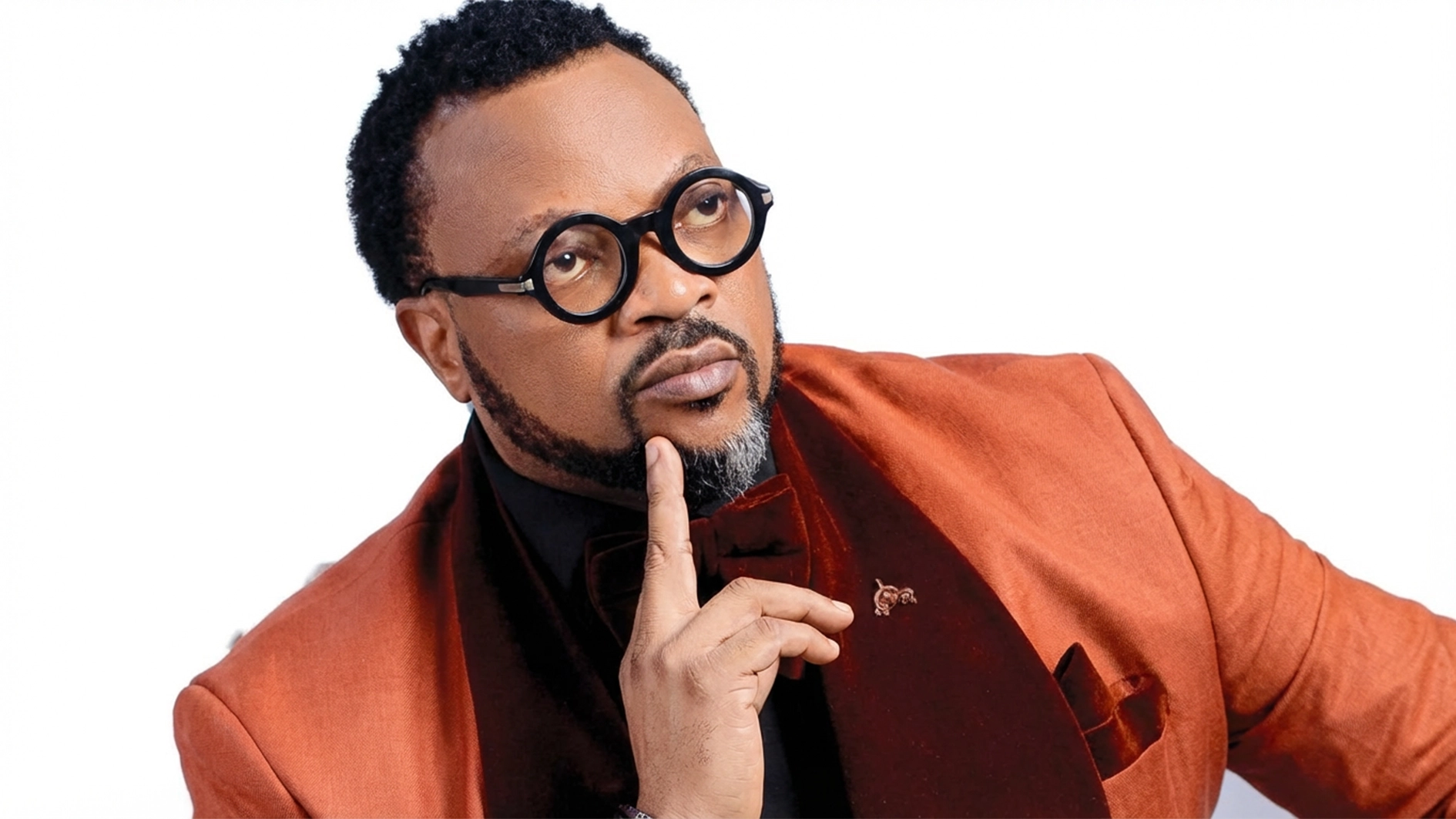
The 2023 general elections have come and gone but the disunity and tension it fermented remain with the eggheads of certain ethnic groups, especially the Yoruba and Igbo in Lagos. The tension is allegedly caused by the defeat of the All Progressives Congress (APC) by Labour Party (LP), a party largely perceived to be dominated by Igbo. CHIJIOKE IREMEKA writes that uniting the opposing groups, therefore, has become a task before Lagos State Governor Babajide Sanwo-Olu and other stakeholders across the country and in the diaspora to forestall any crisis that could lead to destruction of life and property.
While some Nigerian politicians and ethnic leaders are currently making statements considered to be inflammatory and inciting violence against targeted ethnic group (s) as an aftermath of the 2023 general elections, they should be reminded of the possible consequences, including genocide.
Direct and public incitement to commit genocide is forbidden by the Genocide Convention in 1948. It’s often cloaked in metaphor and euphemism and may take many forms beyond direct advocacy, including dehumanisation and ‘accusation in a mirror.’
More recently, this ‘accusation in a mirror’ was highly ‘exalted’ for the perpetration of genocide in which life was snuffed out of millions of Tutsi and Hutu ethnic nationals in Rwanda, the two ethnic groups that indulged in hate speeches and inflammatory statements, the type being churned out currently by Igbo and Yoruba in Lagos and other ethnic nationals in other parts of the country.
Unfortunately, when the ‘mirror politics’ of the Hutu and Tuti resulted in the ugly ethnic war that snowballed into genocide, both ethnic groups lost millions of their loved ones.
The Office of the UN Special Adviser on the Prevention of Genocide (OSAPG) defines ‘mirror politics’ as a common strategy to create divisions by fabricating events whereby a person accuses others of what he or she does or wants to do.
A good knowledge of history would make selfish leaders and tribal bigots to know how hate speeches and incitements could set the whole nation on fire as record has shown in the cases of Armenian genocide, the Holocaust and Rwandan genocide.
Some citizens observe that some of the actions that led to the Nigerian Civil War of 1967 to 1970 are being perpetrated again with the incitements and hate speeches by those who are inciting gullible Nigerians into violence.
“We will not learn how to live together in peace by killing each other’s children,” the 39th US President, Jimmy Carter, said. “The nationalist not only does not disapprove of atrocities committed by his own side (people), but he has a remarkable capacity for not even hearing about them,” says George Orwell, a novelist, journalist, essayist and critic.
It is, therefore, the time for wound licking for Nigerians following the outcome and events that preceded the country’s 2023 general elections. The polls brought about hatred among different ethnic groups in the country, especially in Lagos State, where the Yoruba and Igbo are at each other’s throats.
There are claims and counterclaims of wrong doing, especially between Yoruba and Igbo. Though this has been happening in Lagos, the state had never been polarised along ethnic lines. Conscious effort must be made to douse this tension to avoid a situation that could culminate into destruction of life and property.
Hate speeches and inciting statements in Lagos State became more visible when some respected ethnic leaders started using some derogatory words against certain tribe (s), which led to pockets of skirmishes and infliction of injury on their targets. Some Lagos residents of both Igbo and Yoruba extractions are seen in several videos on the social media, making some inflammatory statements.
The mutual distrust between the ethnic groups was noticed before the elections but increased after the APC lost Lagos to Labour Party (LP), perceived to be largely supported by Igbo, in the February 25 presidential and National Assembly elections. The development came with resentment against the Igbo during the March 11 governorship and State Assembly elections when some non-Yoruba residents were allegedly barred from voting in some places.
A public affairs analyst, Hope Odabi urged stakeholders to de-escalate the tension.
“The effect of the 2023 Lagos gubernatorial election will haunt our Lagos for a long time. The result will dawn on us as we step into our various work and business spaces in the new week. There is no way we can look at ourselves the same way again. The blockage of Igbo from performing their civil rights, the harassment and beating of some voters were distasteful and horrific. As a Nigerian born and bred in Lagos, I pray we get past this, heal from it and hopefully it doesn’t escalate to a situation that we cannot control,” he said.
According to the Lead Consultant, Torquoise Consulting Limited, Niran Adedokun in This Yoruba/Igbo Altercation Is Needless published in Punch of March 9, 2023, one of the fallouts of the polls is that for the first time since 1999, Asiwaju Bola Tinubu, who was on the ballot as candidate of the All Progressives Congress (APC) lost an election in Lagos.
“His supporters are angry with the Igbo and are determined to stop them from getting the better of the APC in this Saturday’s governorship elections. A legitimate aspiration, if we do not resort to threats and underhanded tactics.
“I saw a very chilling video. In it, a man who did not bother to hide his identity threatened some people. He said that anyone voting in the election must vote for only one party and nothing else. He dared his audience to do otherwise.
“Directing this quest at only Igbo may also be a faulty premise. Without a doubt, the man in this video assumes that only Igbo voted for Obi on Saturday, but that is manifestly wrong!
“Before this video, arguments have gone on about Igbo in Lagos and attempts to prove a point about their influence and joint ‘ownership’ of the ‘centre of excellence.’ Yoruba ‘activists’ continue to denounce the effrontery with as much vigour as possible.”
The Chairman, Transition Monitoring Group (TMG), Auwal Rafsanjani, said: “As an aftermath of the 25th February 2023 election, TMG is observing different actions, comments and inactions of those directly or indirectly involved in the elections such as political parties, their candidates and their supporters. In some states, citizens are being threatened on their perceived choice to exercise their franchise overtly and covertly.
“In states such as Lagos, Abia, Bauchi, Kano and Rivers, for instance, citizens are allegedly being threatened, intimidated and harassed on the perception of supporting political opponents.”
Also, Northern leaders, under the umbrella of Arewa Consultative Forum (ACF), lamented the roles played by religious and ethnic factors in the just concluded 2023 general elections in Nigeria. They called for a paradigm shift to deepen the nation’s democracy in future.
The ACF criticised the use of religion and ethnicity to determine the outcome of the polls in some parts of the country, including Lagos State, saying though the candidates that lost in the elections might have their grievances on election results but the court might not be able to handle the influence of religion and ethnicity on the elections.
In a statement issued by its Secretary General of ACF, Alhaji Murtala Aliyu, ACF said: “Unfortunately, there is one particular problem thrown up by these elections that cannot possibly be addressed by the courts, the deployment of ethnic and religious sentiments as a driver of politics in Nigeria.
“As we have seen in Lagos and elsewhere, ethnic and religious zealots have a way of turning political and election campaigns into life and death struggles. They issue threats of violence and at times actually attack supporters of rival candidates with a view to intimidating and stopping them from casting their votes.
“In Lagos where the problem created by ethnic and religious politics has continued to fester acrimony and bad blood between Yoruba and Igbo, it has become a matter of concern to the security agencies. In the wake of the ethnic crisis, Yoruba and Igbo partisans freely profile one another and accuse themselves of criminal conduct, including as cheats, bandits, kidnappers, and land-grabbers.
“It is a political virus. Nigerians must do everything within their power to eliminate this virus and go on to inoculate ourselves against reinfection in the years to come. This time, it is truly a matter of life and death. Let us as Nigerians love and care for one another. Let us focus on what unites us and not our differences.”
The Rwandan genocide was caused by hate speeches and mirror politics, the type Nigerians are experiencing between the Igbo and Yoruba in Lagos, which has spread to other parts of the country and even abroad where these ethnic nationals are living.
Beginning in 1994 and lasting only 100 days, the Rwandan genocide is regarded as one of the most notorious. During this 100-day period, between April and July 1994, nearly one million ethnic Tutsi and moderate Hutu ethnic groups were killed.
The crisis in Rwanda reflects a history of social relations between two ethnically mobilised groups, with circles of victimisation and reprisals going back for decades, kept alive in the collective memory to prompt confrontation in episodic installment.
Understanding the potency of incitement to commission of genocide and how it could send a whole country on fire, a United Kingdom (UK) court recently jailed Adeyinka Shoyemi of Powis Terrace in Notting Hill for four years for inciting racial hatred with inflammatory messages and encouraging violence against the Igbo.
Shoyemi first came to the attention of counter-terror police in the UK in March 2019 after members of the public tipped them off about the posts targeting particular ethnic groups in Nigeria. The UK-based Evening Standard reported that the messages posted by accounts under the name ‘Adeyinka Grandson’ were assessed by a specialist group of officers in the Met’s Counter Terrorism Internet Referral Unit.
They found that the posts, which had commentary encouraging attacks against the Igbo, were in potential breach of the law and launched a probe. He was first arrested at his home address in August 2019, with officers searching three properties linked to him and seizing various digital devices.
Shoyemi was initially charged with six counts of inciting racial hatred and he was released on bail with a condition not to post any more social media posts, which were threatening, abusive or insulting to any ethnic groups. But he was later rearrested after he flouted his bail conditions to make more of the posts.
In Rwanda, it started like incitement and ended up in war. In Nigeria also, it is starting like incitement, but all heads must work to ensure that the Yoruba-Igbo face off in Lagos does not end the way Tutsi and Hutu case went, resulting in death of millions.
The founder, TheCable, an online Newspaper and ThisDay columnist, Simon Kolawole, in his work: Yoruba vs Igbo: The Battle for Lagos, said: “It is somewhat depressing that instead of discussing the Gross Domestic Product (GDP), we are always having to quench ethnic and religious fire in Nigeria. A war of words has already broken out between Yoruba and Igbo in Lagos over the 2023 elections.
“To be sure, the tension is always there, just that it is, in the main, latent. At regular intervals, things erupt — predominantly because of politics — but eventually simmer, waiting for the next season. While I am the least surprised at the frequent outbreaks of yelling between the two largest ethnic groups in southern Nigeria, I must now confess I am no longer enjoying the drama. I am genuinely worried about the consequences of these hate-filled exchanges.
“Yoruba-Igbo relations have improved tremendously on many fronts. Be it in inter-ethnic marriages, or the creative industry as represented by Afrobeats and Nollywood, they appeared to have worked out how to get along without tears. Even on the economic front, Yoruba and Igbo own companies together.
“Igbo control large markets and businesses in Lagos and Yoruba patronise them. Igbo are big-time property owners. These are the things I love to showcase and celebrate about my country. Sadly, politics must divide us, as if we do not have enough trouble in our hands already. We are now playing with fire on another level.
“The saving grace is that so far, there are no dead bodies. But we must not take anything for granted. A little spark can eradicate a forest, especially in this social media age where hate is amplified by the lunatic fringe. If we don’t end the madness, the madness may end us.
“This is not the time to point fingers — this is the time to de-escalate the tension. Blame-sharing will not solve any problem. This is the time for statesmen, leaders and intellectuals to help bring the antagonists back to their senses. The combatants must take a deep breath and let reason and peace prevail. If we go on like this and things degenerate to bloodshed, there will be no winners in the end.”
A vocal activist on the social media, Brayn Okpara, said: “Sometimes when I hear people say go back to the East or go back to your state, I feel sad over what the politicians have done to this country. They have succeeded in dividing us. I will tell you that the problem with Yoruba and Igbo or Hausa and Igbo or Hausa and Yoruba is the creation of our politicians.
“They use tribal sentiments to push us away from the reality on the ground the moment they noticed that we were united for a cause. They know that our strength lies in our unity and would always try to deviate us from the main issues that are killing this country. It is most saddened to me because the masses have not come to realise this dangerous strategy they use against us and we end up killing ourselves for them.
“You only hear about this division among us during and after elections. During tax payment, they do not remember tribe. When it’s the time to give or donate, they do not remember our tribe, but when they want to achieve their personal interests, they play up the tribe and religion. The politicians killed scores of the youths during the #EndSARS movement but they (politicians) didn’t care whether you were Igbo or Yoruba or Hausa but they killed the youths.
“The bullets from their guns didn’t choose the body to pierce through based on tribal or religious sentiments, they killed across tribes and religions. Politicians didn’t think of who and who were being starved to death during the COVID-19 pandemic, they hid the palliatives meant to cushion the effects of what the masses, including Hausa, Igbo and Yoruba, were going through then.
“This will tell you that when dealing with the masses, they do things regardless of your tribe. But when it comes to election, they would like to whip up ethnic sentiments to the detriment of the masses and the new Nigeria they want to achieve. Yoruba and Igbo should know better that we have lived together for ages, intermarried for ages and will not need all these verbal and near physical wars situation that would separate us.
“Together we are, we will defeat these enemies of the country. We need to unite and fight against our common enemies and they are the politicians that we tend to protect and end up killing ourselves for people who do not know that we exist. All ethnic groups in the country should borrow sense in case they do not have any and stop this stupidity.”






